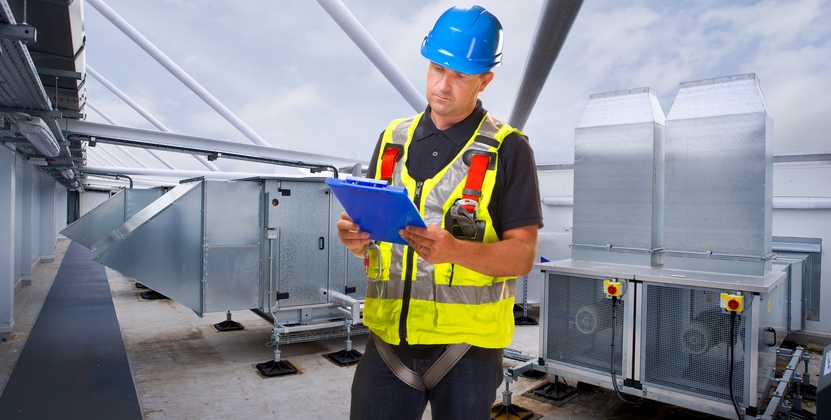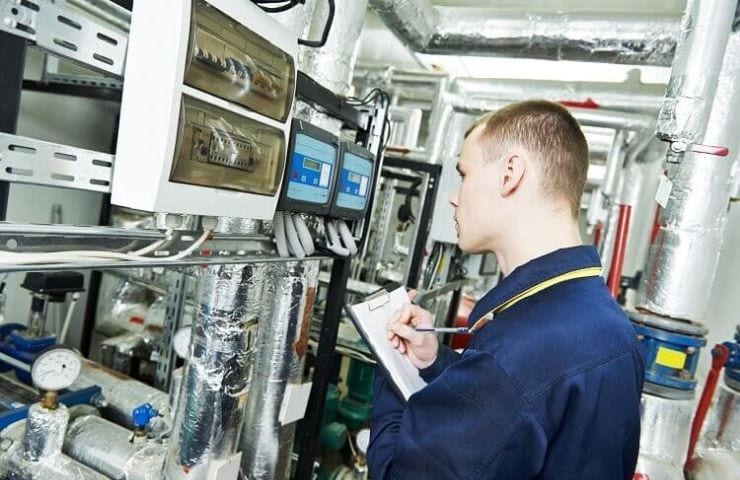HVAC technicians and mechanics can command attractive HVAC salary ranges after completing an accredited training program and acquiring a certain number of hours of work experience. HVAC professions are responsible for servicing, installing and repairing various types of heating, ventilation and air conditioning systems, performing maintenance checks and replacing parts according to specific safety guidelines and regulations.
In order to command a higher than average HVAC salary, the technician will need to have extensive hands-on experience in the field and even an advanced skill set with additional training and education. HVAC salaries typically vary by industry, location of the employer and a few other factors.

HVAC Salary Information
You can find a fair amount of HVAC salary information online and learn about the average HVAC salary range in your specific state or local area. Most employers won’t disclose HVAC salary information until the last phase of the interview process, but it’s generally a good idea to learn about the average HVAC salary range in your area so that you can negotiate a suitable salary package easily. Keep in mind that in addition to earning an HVAC salary, you might be eligible to receive a benefits package and various incentives based on the number of years of employment.
What’s the Average HVAC Salary Range?
According to national average data for HVAC mechanics in August 2011, the median expected salary for a typical HVAC Mechanic is $40,600.
The typical HVAC salary range for this position is $29,000 to $52,000. This position typically reports to a supervisor, so salary ranges would be higher if the HVAC mechanic or technician was to take on a supervisory or management position in the field. Similar job titles that command similar HVAC salaries include:

- HVAC Technician
- HVAC Mechanic II
- HVAC Mechanic III
- Maintenance Mechanic
Your HVAC salary will be dependent on a number of factors and may change significantly when you obtain additional training, complete advanced courses in the field, or complete a formal apprenticeship program. Many industrial contractor companies and mechanical contractor companies are looking for experienced HVAC technicians and mechanics who have experience in HVAC and refrigeration systems. Take some time to review job descriptions and available jobs in your area to see what different types of HVAC jobs you may qualify for. You can then negotiate a suitable salary package based on your experience and the location where you will be providing service.
Finding Information about HVAC Salaries
Finding information about HVAC salaries can be difficult when you are just beginning your career, but you can compare national averages to a proposed salary package to make sure you are receiving suitable compensation. Keep in mind that HVAC salaries will vary widely by locale and may be calculated based on your experience and the company you are working with. Well-established manufacturing firms may pay higher HVAC salaries than local contracting firms.
If you choose to serves as an independent contractor, you may not have a steady HVAC salary to count on until you build a strong client base and can secure enough work. Still, the typical HVAC salary can be higher than general mechanic jobs and other positions in the mechanical and industrial fields.
